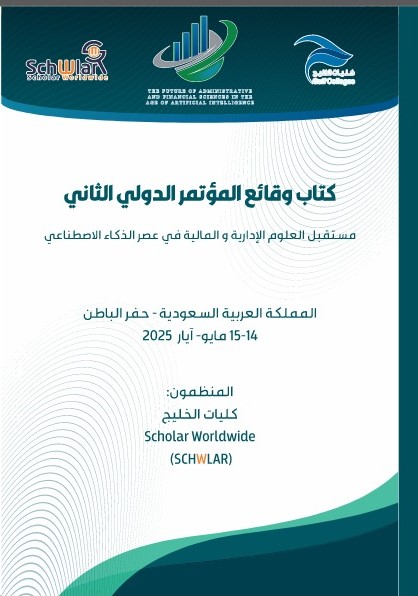The Impact of Work Ethics on Employee Productivity in Gulf Colleges
Main Article Content
Abstract
This study aimed to reveal the extent to which Gulf colleges are interested in applying work ethics in the following dimensions: Labor Ethics Controls, Employee Productivity, Work and Life Balance, Ethical Leadership, Adverse Effects of the Absence of Work Ethics, Role of Training and Development and Effect of Incentives on Productivity), Also to determine the level of differences in study sample members' perception of the dimensions of work ethics that are attributable to variables (sex, age, experience, academic qualification, job grade) and the study relied on the analytical descriptive curriculum, as one of the most widely used in the study of social and humanitarian phenomena, where the descriptive curriculum is a tool and a way of analysing and describing the importance of Gulf colleges' interest in applying work ethics , the questionnaire was used as a tool for collecting data and the study sample consisted of (40) employees of the Gulf Private Colleges in Hafer AlBatin , which were randomly choose to use statistical methods that correspond to the study's questions and hypotheses. The study results showed that the Gulf Colleges showed a moderate level of interest in work ethics in their different dimensions. The study showed that there were no statistically significant differences in the study sample individuals' perception of work ethics according to their demographic variables. The study concluded with some suggestions and recommendations
Article Details

This work is licensed under a Creative Commons Attribution 4.0 International License.
